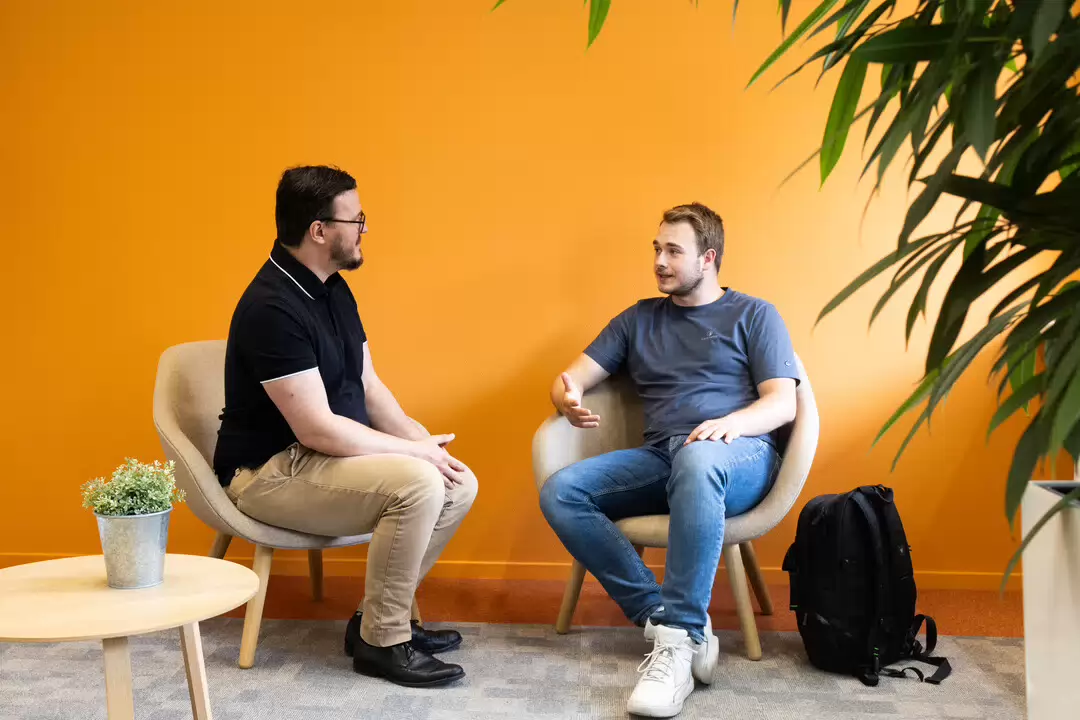
Study career choice advisor or student counsellor
Make an appointment directly

Are you noticing that your motivation is decreasing? Try to figure out where that is coming from. Is it because of the content of your studies, your personal situation, or perhaps your study skills? Every programme has components that appeal to you less. Think of the 80/20 rule: if 80% of your programme suits you well and 20% less so, then you are probably in the right place.
If you have doubts for a long time, this can lead to worrying and negative thoughts such as “I have to continue because I've already started” or “I don't want to fail”. If this applies to you, consider talking to your student coach about your doubts. If you have a question about study skills, make an appointment with your student coach.
Please note: for questions about the content of the programme, a minor, internship or admission to the programme, please contact your own study programme.
Have you come to the conclusion that you are not in the right place and are you considering choosing a different study programme?
Go directly to change of study programmeAre you falling behind in your studies? There are several options available, the choice is yours. You choose what best suits your situation. The most important thing is that you take action now.
Go directly to study delay